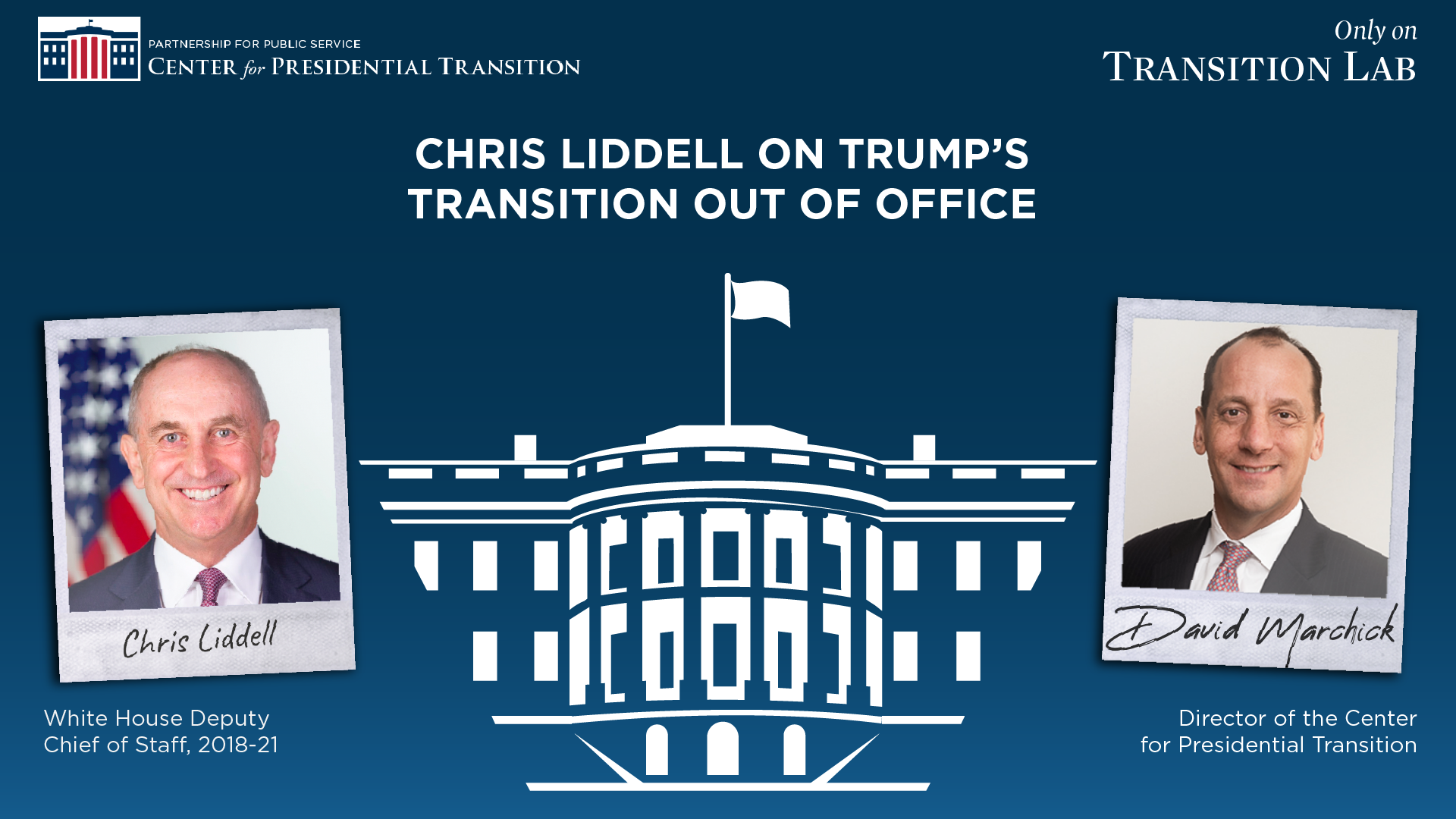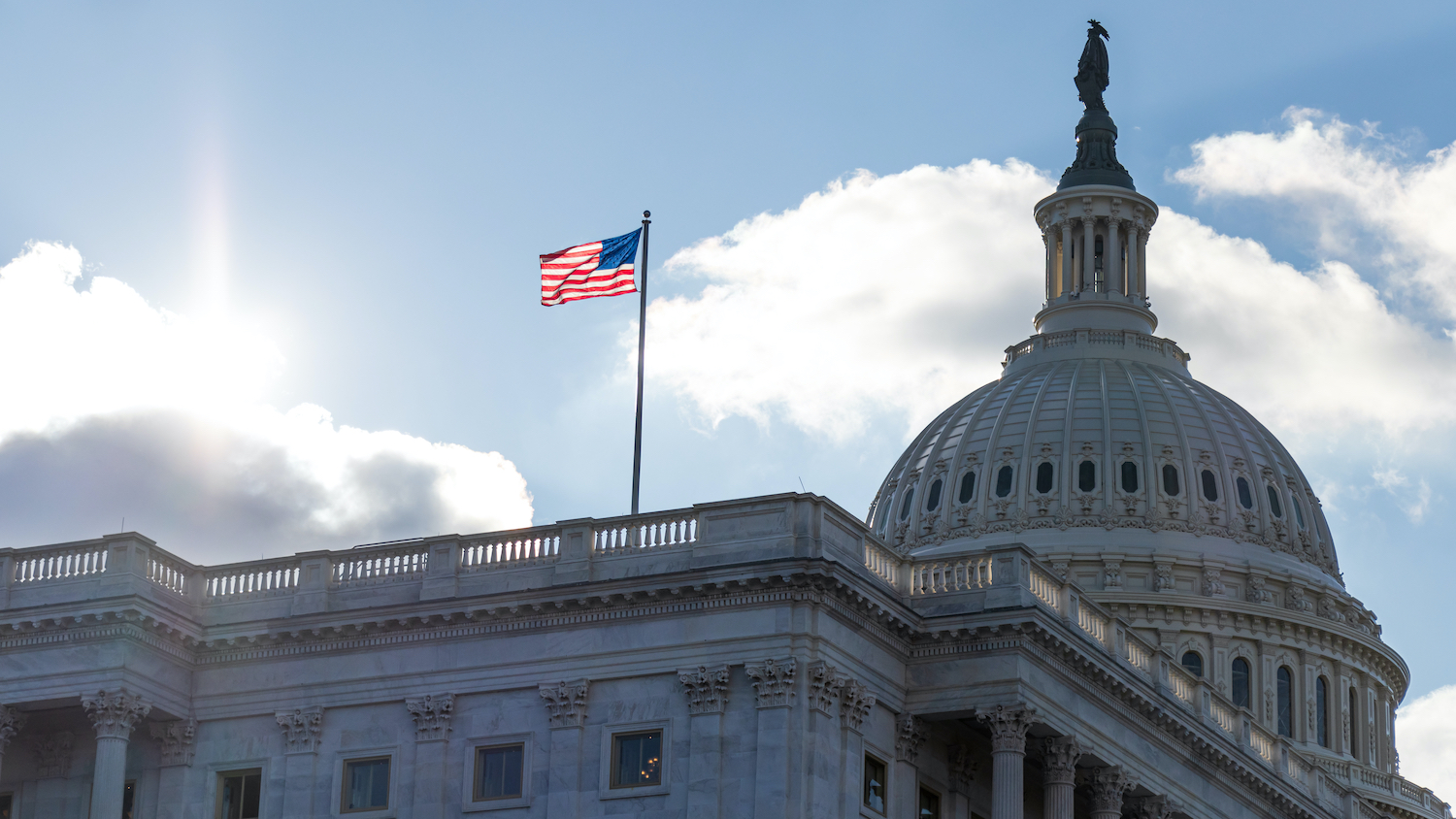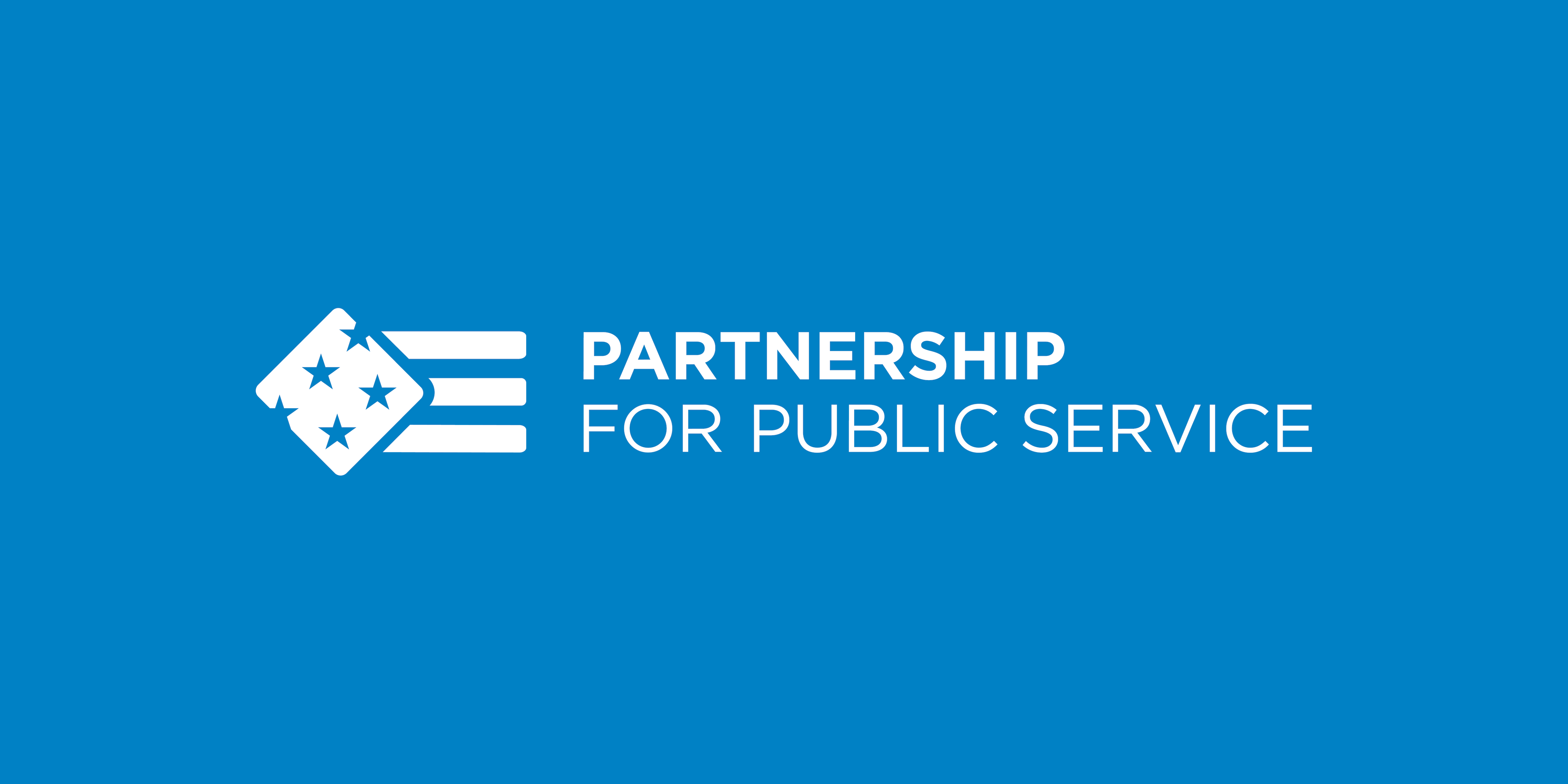Blog
January 21, 2021
Chris Liddell on Trump’s Transition Out of Office
Chris Liddell is the Trump administration’s leading transition expert. A deputy chief of staff, he previously served as executive director of the Romney transition team and helped author The Romney Readiness Project, a comprehensive presidential transition guide. In this episode of Transition Lab, Liddell joins host David Marchick to discuss the good, the bad and the ugly of the 2020 transition. Liddell talks about managing a delayed post-election transition, his experiences working with the Biden team and how he reacted to the recent attack on the Capitol.
[tunein id=”t160220623″]Read the highlights:
Liddell described his approach to planning for a second Trump term.
Liddell: “The first area that I wanted to focus on was on policy. …In January 2020, we had an off-site [meeting] with all of the major deputies here at the White House and set down not only the policy objectives for 2020, but [also examined] how they would flow into 2021—in particular, some of the most significant legislative ideas. …I [also wanted to] think about how we could structurally change the White House to make it significantly more efficient.”
Liddell described how he helped agencies plan for a Biden victory.
Liddell: “In April of last year, we sent out an initial memo to agency and department heads providing guidance on what their obligations were. …We worked with the GSA in particular, which was then working with agencies to put together the briefing books and all of the requirements that we would need once the election happened. So we had these main markers and below the surface of those markers, we were just working away steadily with career people to make sure that we were as ready as possible. We tried to emphasize that despite the politics out in the open, the transition side of things should continue as normally as possible.”
Liddell explained how the delay in ascertainment affected his work.
Liddell: “That was one of the most frustrating periods I’ve ever seen. We were just on hold, we couldn’t do anything. …[GSA Administrator] Emily Murphy was in a terrible position for that period of time. We were literally sitting on our hands, having done all the work but not being able to do anything. …We need to look at a solution where the incoming administration can get access to a lot of the things that it needs as a result of the Transition Act, regardless of where the politics and the dispute associated with the election are. …We should have legislation that allows a provisional ascertainment to occur so that an incoming administration [and] the president-elect can get security briefings for a lot of the time-sensitive issues regardless of whether the formal election has been settled or not.”
Liddell discussed whether agencies cooperated with Biden officials during the transition.
Liddell: “Over 90% of the agencies and components went about the job really well. …There were some reluctant people, but I rang them up and basically appealed to their better side, and we managed to smooth it over. …There were some agencies that I think were uncooperative. And I tried my best to do [fix those situations], but I didn’t really have the teeth to do it. …It’s an unusual situation to have the outgoing administration in charge of the transition to the incoming one. That relies to some extent on goodwill. And when goodwill is absent, it’s hard to actually make [agency review] happen.”
Liddell described how he reacted to the recent attack on the Capitol.
Liddell: “I was in the West Wing working on transition matters when it all broke. I saw it on the television screen at the same time as everyone else. I was horrified initially and heartbroken afterwards. The event … was a disaster for the country [and] from the transition point of view, it made everything exponentially more difficult.”
Liddell explained why he chose not to resign after the attack.
Liddell: “I respected that some people decided that this was their opportunity to leave. I came to a different conclusion. I felt that for the following couple of weeks leading up to [the inauguration], it was probably more important rather than less important that I was here. …To walk away when the most important time was coming up, and at a time where tensions had gone through the roof, I just didn’t feel like that was my duty. My duty was to be here.”
Liddell described the mood among White House staff in the days leading up to the inauguration.
Liddell: “We’re down to a core staff now, a skeleton staff. I think everyone’s focused on [the inauguration]. …The relationship with the Biden transition team has been as good as it could possibly be. It’s been challenging at times, particularly during the last couple of weeks, but most of my interactions over the last few days have been about how we land the plane as well as we possibly 12:00 p.m. [on Inauguration Day]. Those of us that are left here are really focused on that.”
Liddell reflected on his time leading the Trump transition effort.
Liddell: “This has personally been the toughest assignment of my life. None of us want to go through what we went through during the last few weeks again. …But maybe I can finish on a slightly more positive note. In the last few weeks, we’ve thrown just about every possible bad scenario that you can think of at the country. And I believe we will have a successful and peaceful transition tomorrow. The institutions of this government have held. …At 12:00 tomorrow, President-elect Biden will become President Biden. The incoming transition team will be here, set up, ready to go. I think we’ve covered every possible scenario and I think this will be a successful transition. So in the most difficult circumstances that are humanly possible, the institution of the U.S. government, and the transition associated with it, will be successful.”



